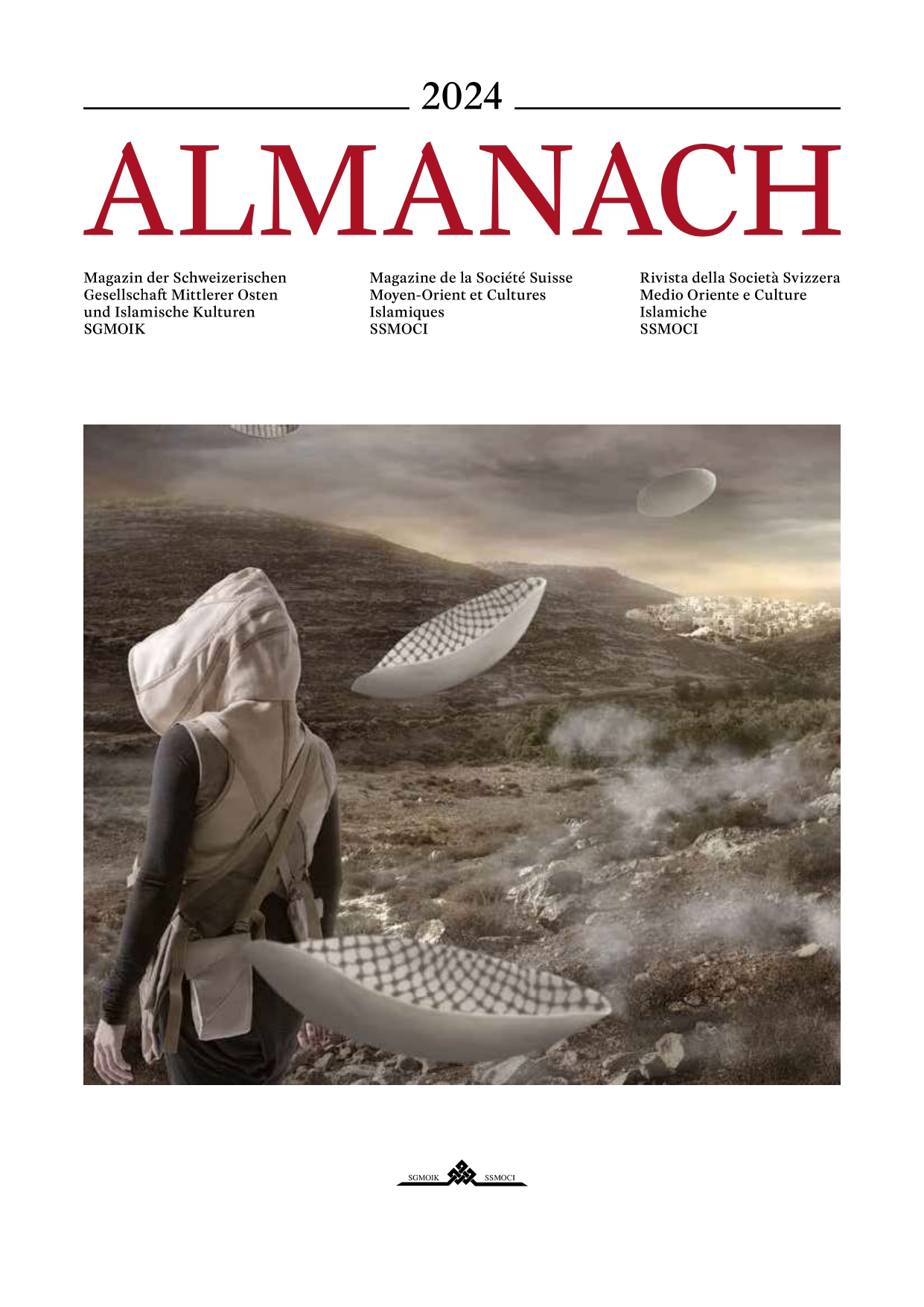Abstract
The state-like significance attributed to DİTİB that manages over 900 Turkish-Sunni mosques in Germany has long been a subject of criticism. However, for hundreds of thousands of Turkish-Sunni community members who had migrated to Germany, theses mosques represent a paternalist figure of the father state. But even more so, they serve as a second home.

Dieses Werk steht unter der Lizenz Creative Commons Namensnennung - Weitergabe unter gleichen Bedingungen 4.0 International.

